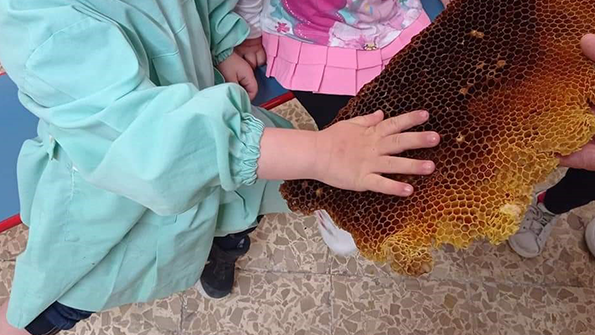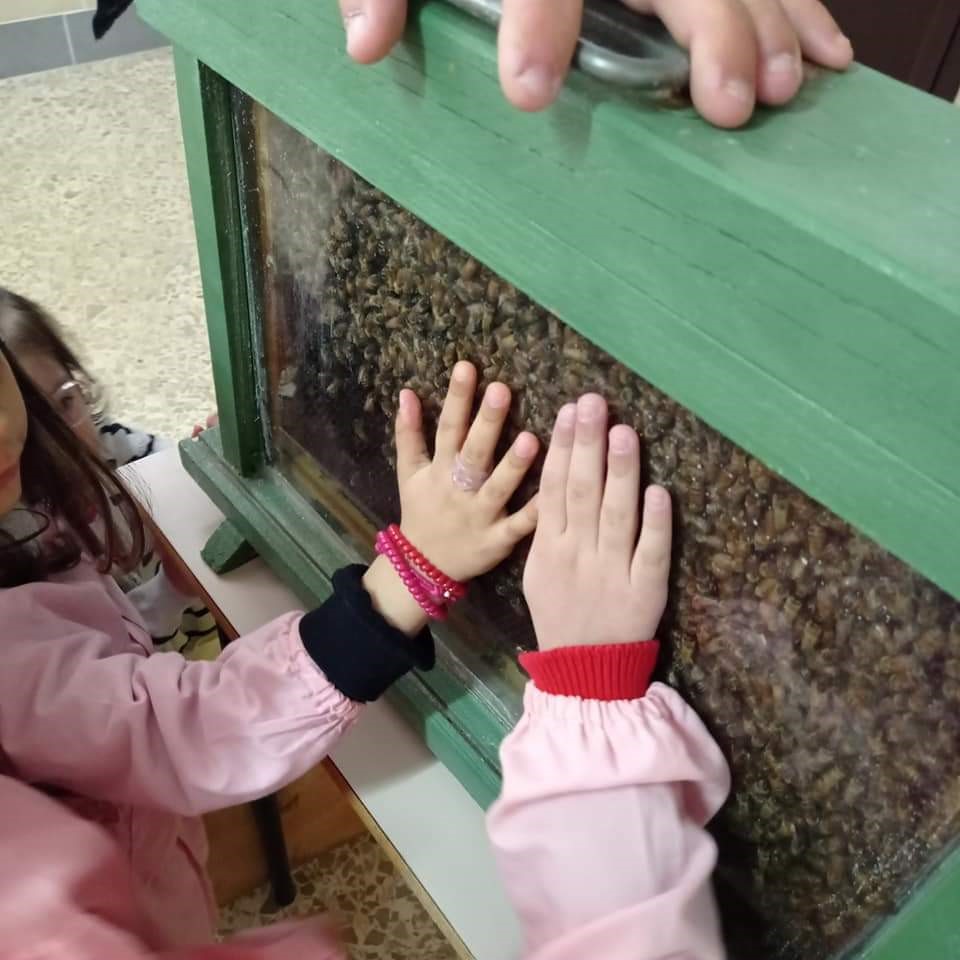
World Bee Day was celebrated on May 20th. Vital species for the ecosystem, they are also among those most at risk. Their life is threatened by various factors and by the hand of man. This is why a World Bee Day was born, scheduled for every 20 May from 2018, to raise public awareness on the importance of protecting and safeguarding these precious insects. At the same time, this day is also an opportunity for experts, politicians, economists and the public to define specific activities that ensure the survival of bees.
All pollinators are vital to many sustainable and healthy food systems. Bees, butterflies, bats, beetles, hummingbirds fly, jump and crawl on flowers helping plants and numerous food crops to fertilize and reproduce. By collecting nectar and pollen, bees can transfer it from flower to flower, allowing pollination and plant biodiversity. Or take it to the hive, where it is the job of the worker bees to transform it into honey thanks to particular enzymes. Without bees, the production of nature’s fruits would be much slower. Despite their importance, the number and variety of pollinators have declined in recent decades. And the evidence indicates that the decline is primarily a consequence of human activities. World Bee Day is meant to draw attention to the importance of bee protection, but also to remind humanity that life depends on bees and other pollinators. Over 75% of the world’s food crops are the fruit of their labour. According to the FAO, 71 of the 100 most important crops in the world reproduce thanks to pollination. More than 80% of the crops destined to feed humans rely on the work of these insects. If the number of bees continues to decline, foods such as peaches, chestnuts, apples, almonds, but also courgettes, tomatoes and many other vegetables will be at serious risk in the future.
The task that as an educational company “Masseria Redenta” (Italy) takes on its friends bees, is to try to reach as many people as possible to explain the importance of this small insect that has inhabited our planet for millions of years, and that since then makes you thrive. On May 20th, after a long lockdown, we had the opportunity to meet the children of a school again and finally be able to create a didactic laboratory on bees. There was a lot of emotion on the part of everyone, who, albeit with the necessary distancing practices, were able to tell, play and involve the children in the wonderful world of bees. The role of didactics in the Masseria will acquire more and more importance in the school and educational world in general, above all because the sensitivity towards what has always been around us and we did not consider has increased. Today, one step away from overcoming the pandemic, we are more sensitive to the food we eat and the water we drink to the protection of biodiversity, both terrestrial and marine, which sustains our lives and makes life on the planet wonderful.



